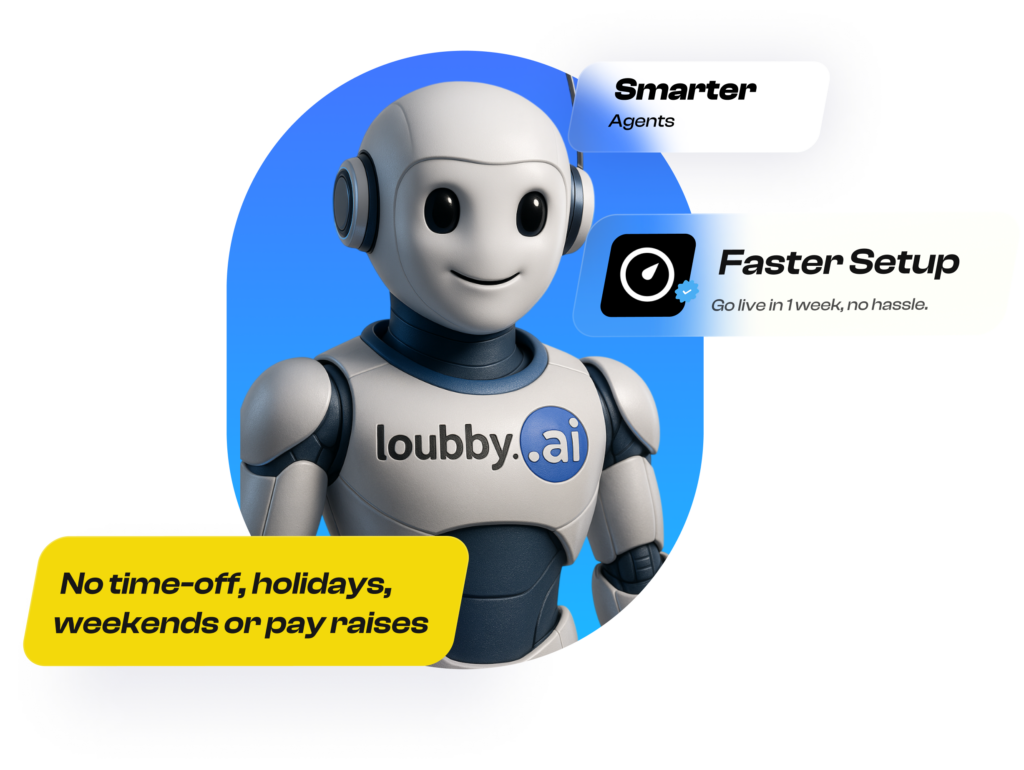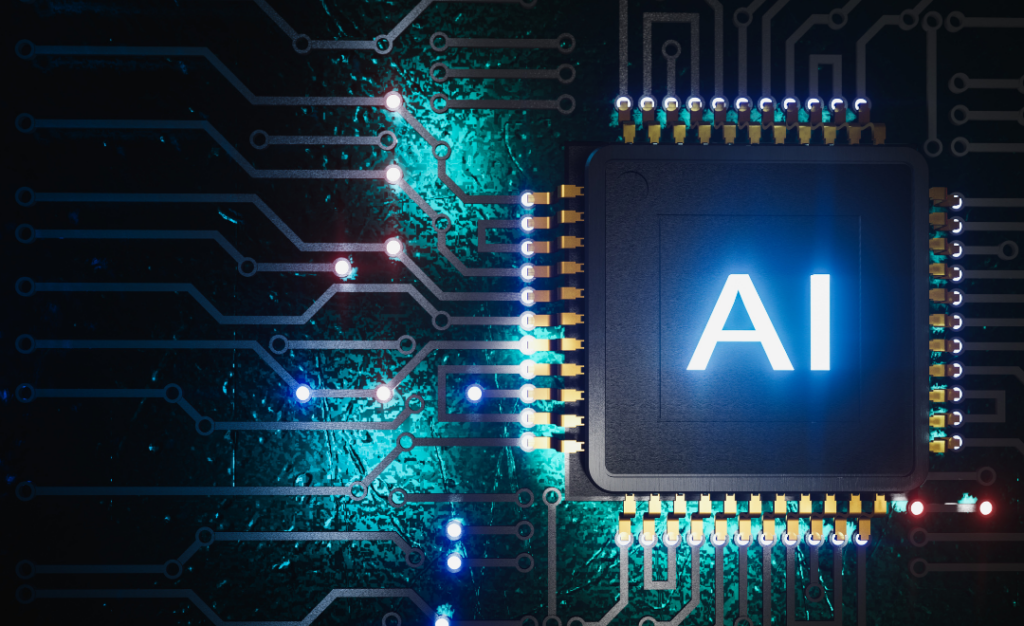In today’s competitive business landscape, finding and retaining the right talent has become one of the most critical challenges for companies. With the rise of artificial intelligence (AI), the recruitment process has evolved significantly, offering a more efficient, data-driven approach.
If you’re a business looking to optimize your talent acquisition process, here are the top 10 benefits of AI-powered recruitment.
1. Improved Candidate Screening and Shortlisting
AI can analyze thousands of resumes in a fraction of the time it takes a human recruiter. Instead of spending hours sifting through applications, AI algorithms can quickly identify the most qualified candidates by analyzing specific skills, experiences, and qualifications. By leveraging natural language processing (NLP) and machine learning, AI recruitment systems can identify patterns and match the best candidates for each role.
This rapid, data-driven screening process ensures that only the most qualified candidates make it to the next stage, reducing bias and improving overall hiring efficiency.
2. Enhanced Candidate Experience
The candidate experience is crucial to attracting top talent. AI-powered recruitment tools can improve the candidate experience by providing timely communication, personalized feedback, and smoother application processes. For instance, AI-driven chatbots can answer candidate queries 24/7, guiding them through the application process, scheduling interviews, and providing real-time updates.
Additionally, these systems can offer personalized job recommendations, making candidates feel more engaged and valued during the recruitment journey.
3. Reduction in Time-to-Hire
Traditional hiring processes often involve manual tasks such as sourcing, screening, and scheduling, which can extend the time it takes to make a hire. AI automates many of these repetitive tasks, significantly reducing the hiring time. For example, AI-powered tools can instantly source potential candidates from online databases or social media platforms and even send automated interview invitations.
By speeding up these processes, businesses can reduce the time it takes to fill positions and avoid losing top talent to competitors.
4. Data-Driven Decision Making
AI in recruitment provides hiring managers with valuable data and insights. Through predictive analytics, AI tools can evaluate past hiring patterns and predict the likelihood of a candidate’s success in a specific role. This data-driven approach helps companies make more informed decisions, reducing the risk of bad hires.
Additionally, AI can track and analyze key metrics like employee retention rates, time-to-hire, and recruitment costs. This insight allows HR teams to optimize their hiring strategies continually.
5. Elimination of Bias in Recruitment
One of the biggest challenges in traditional recruitment is unconscious bias, which can result in hiring decisions based on factors unrelated to a candidate’s qualifications or skills. AI-powered recruitment tools, when programmed correctly, can help reduce bias by focusing purely on data.
AI systems can remove identifiers such as gender, age, or ethnicity from resumes during the screening process, ensuring that hiring decisions are based solely on qualifications and experience. This promotes a more diverse and inclusive workforce, ultimately benefiting the company.
6. Cost Savings
Hiring the wrong candidate can be an expensive mistake, costing businesses time, money, and productivity. AI-powered recruitment tools can help reduce recruitment costs by optimizing every stage of the process. By automating labor-intensive tasks like resume screening, scheduling, and interviewing, businesses can save on recruitment agency fees, reduce the need for temporary hiring staff, and lower overheads.
Additionally, by making better hires through data-driven insights, companies can reduce turnover rates, further minimizing recruitment costs in the long run.
7. Scalability
For companies experiencing rapid growth or seasonal hiring needs, scaling recruitment efforts manually can be overwhelming. AI-powered recruitment systems are highly scalable and can handle large volumes of applications without sacrificing quality. Whether you’re hiring five people or 500, AI can efficiently manage the recruitment pipeline, ensuring consistency and high-quality hires across the board.
This scalability also allows companies to be more agile in responding to changing hiring needs, whether it is for short-term projects or long-term growth.
8. Increased Employee Retention
Hiring the right candidate is only part of the equation; retaining top talent is equally important. AI-powered tools can help companies assess candidates based on long-term cultural fit and potential for growth within the company. By identifying candidates who align with company values and goals, businesses can improve employee retention rates.
Furthermore, AI can analyze data on employee performance and satisfaction to provide insights into why employees leave and how to improve retention efforts, enabling companies to foster a more engaged and loyal workforce.
9. Streamlined Internal Mobility
Internal mobility—promoting or transferring existing employees to new roles—can be an effective way to retain talent and fill positions with individuals who are already familiar with the company culture. AI-powered tools can analyze the skills and experiences of current employees, identifying those who may be suitable for new roles or promotions.
By leveraging AI for internal recruitment, businesses can reduce the need for external hires, saving both time and money while promoting employee development and career growth.
10. Continuous Learning and Improvement
AI-powered recruitment tools continually learn and improve over time. As they process more data and evaluate more candidates, these systems can refine their algorithms, becoming more accurate and effective at identifying top talent. This continuous learning ensures that the AI recruitment system remains up-to-date with changing market trends and hiring needs.
Additionally, AI tools can keep HR teams informed about emerging skills and qualifications that are in high demand, allowing businesses to adapt their recruitment strategies accordingly.
Final Thoughts
The use of AI in talent recruitment is transforming the way businesses find, evaluate, and hire candidates. By automating repetitive tasks, reducing bias, and leveraging data-driven insights, AI-powered recruitment tools enable companies to make smarter, faster, and more cost-effective hiring decisions.
Whether you’re a small startup or a large enterprise, integrating AI into your recruitment process can provide a competitive edge in attracting and retaining top talent. With benefits ranging from improved candidate experience to reduced time-to-hire and enhanced decision-making, AI is becoming an essential tool for modern businesses looking to optimize their talent acquisition strategy.
By embracing AI-powered recruitment, businesses can not only improve their hiring outcomes but also create a more inclusive, efficient, and agile workforce that is prepared for future challenges.







